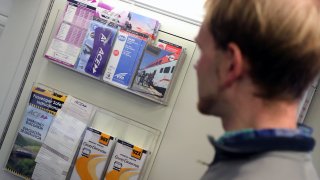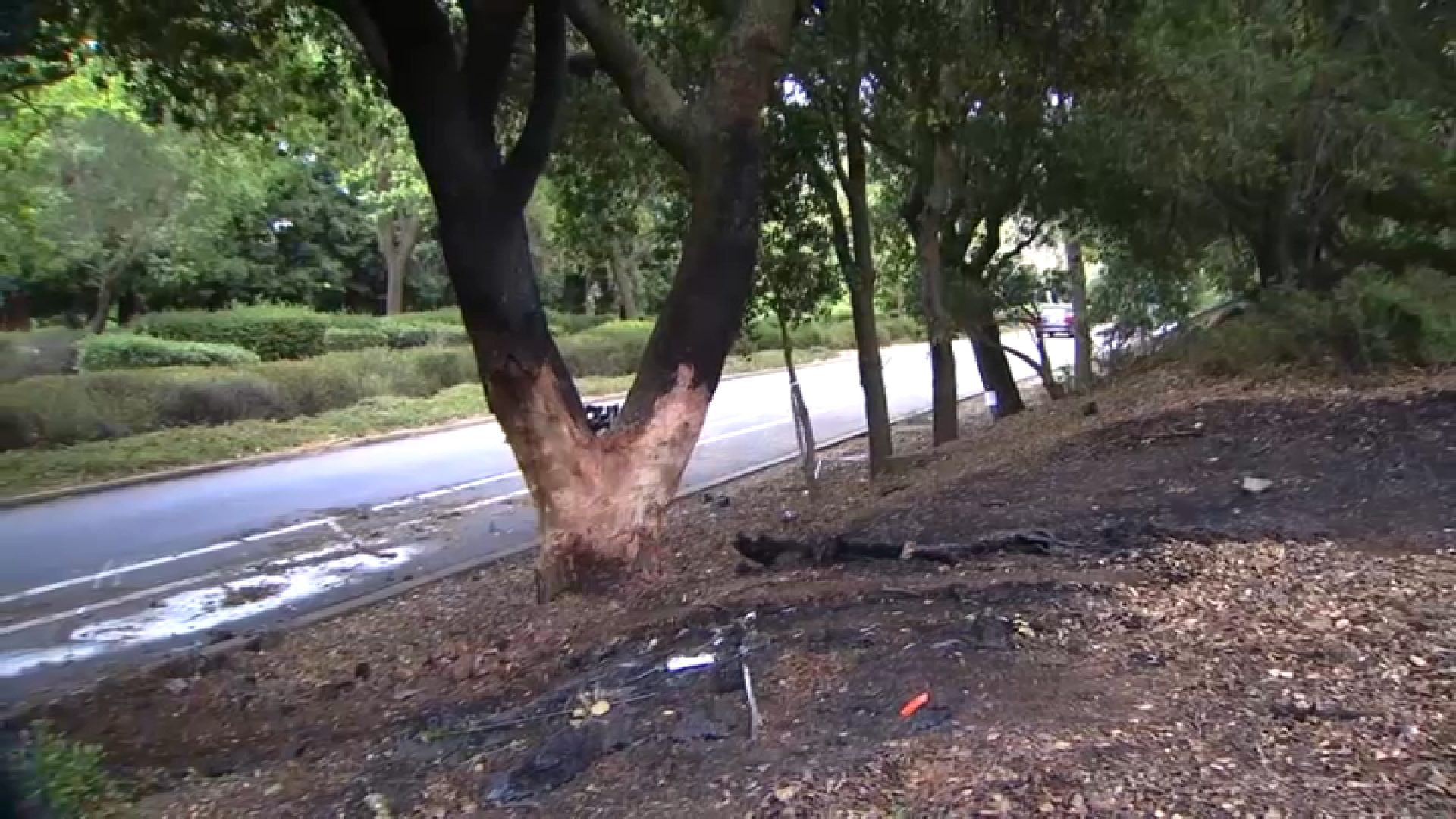
A newly introduced piece of state legislation seeks to integrate the more than two dozen separate and independent Bay Area transit agencies into one "seamless" system.
Assembly Bill 2057 by Assemblyman David Chiu, D-San Francisco, seeks to eliminate the barriers to ridership created by things like the differences in fare structures between systems, the uncoordinated schedules that can make transferring from one system to another an unreliable exercise in frustration, and the confusing muddle of transit maps that don't allow passengers to easily plan their trips when using multiple systems.
"This is about a future vision for the Bay Area," Chiu said at a Tuesday morning news conference at San Francisco's Salesforce Transit Center.
Currently, 27 different transit agencies run buses, trains and ferries in the nine-county region and each has their own fares, schedules, smartphone apps, discounts and planning processes.
This has led to a situation where, despite the region's horrendous traffic congestion and abysmal commute times, transit ridership actually dropped by 5.2 percent between 2016 and 2018, according to information from Chiu's office.
Initially, Chiu's bill would establish a universal bus fare, establish uniform transfer and discount policies for all bus systems, create a single Bay Area transit map, standardize apps and develop real-time transit information delivery to passengers.
It would also seek to create a taskforce charged with integrating fares and schedules across all systems as well as coordinating spending and project development.
Local
BART Board Director Rebecca Saltzman, who represents parts of the East Bay, said her agency and the Alameda-Contra Costa Transit bus system have been working to coordinate schedules and fares, among other things, but such integration needs a more comprehensive approach.
"We need regional leadership and regional funding because one or two transit agencies can't do this alone," Saltzman said.
She noted that the housing crisis has resulted in people moving farther from their jobs in the Bay Area's urban employment centers in order to find affordable homes, longer commutes have created a regional traffic nightmare and more cars on the freeways means more severe climate impacts.
"This is the time for public transit to shine," Saltzman said.
The bill could get a hearing in the Assembly Transportation Committee this spring.



